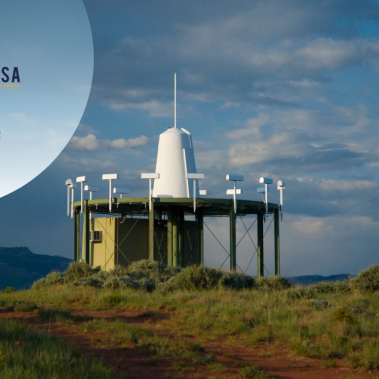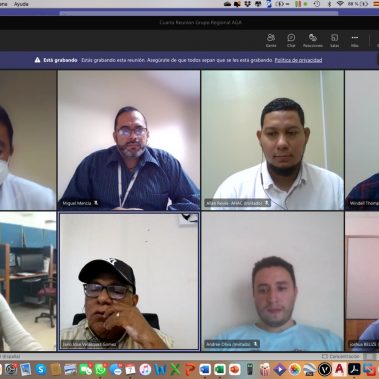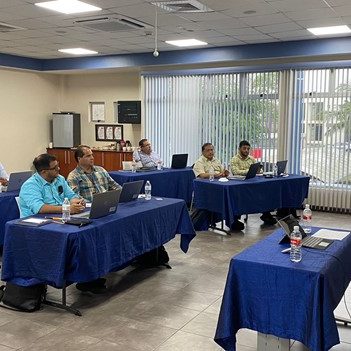31 de mayo 2022.- COCESNA, por medio de la Gerencia De Transporte Aéreo y Medio Ambiente, presentó el pasado 27 de mayo en la Reunión Ordinaria del grupo Adhoc de Medio Ambiente de la CLAC; conjuntamente a la Asociación del Transporte Aéreo Internacional (por sus siglas en inglés, IATA, la nota de estudio “Necesidad de impulsar un esquema normativo integral para el desarrollo de los Combustibles Sostenibles de Aviación”
Esta nota hace una importante recapitulación de momentos importantes sobre esta temática, puesto que desde el 38º periodo de sesiones, se respaldó el uso de combustibles alternativos de aviación, en particular el uso de combustibles alternativos de sustitución directa, como medio importante para reducir las emisiones de la aviación, por medio de la resolución A37-19 “Declaración consolidada de las políticas y prácticas permanentes de la OACI relativas a la protección del medio ambiente — Cambio Climático”. Reiterándose y reafirmándose dichos compromisos en la A38-18, A39-2 y en la A40-18. Es importante resaltar que este, elemento se manifiesta de nuevo en el apartado 2.1 del reciente informe de factibilidad de (LTAG) de la reducción de emisiones de CO2 de la Aviación civil internacional, publicado en marzo de 2022.
Luego de su análisis, esta nota concluye que los SAF representan una gran oportunidad para los Estados de la región latinoamericana en potenciar oportunidades de inversión en el mediano y largo plazos altamente rentables en materia ambiental, económica y social. Sin embargo, para ello es necesario que desde la OACI se pueda inducir una arquitectura de normas que incluya al menos algunos de los siguientes elementos:
- Promover la financiación por medio de los fondos globales de medio ambiente y del clima para la obtención de recursos tecnológicos y económicos como préstamos y subvenciones de capital.
- Crear una regulación duradera que proteja la confianza de los inversionistas en la financiación de nuevas plantas de producción, dada la vulnerabilidad política y económica de la región.
- Considerar la creación de un sistema de multiplicadores que ponga en valor las inversiones y los certificados de contaminación evitada en el sector aéreo internacional, lo cual podrá estimular las investigaciones e inversiones en este campo.
- Impulsar el desarrollo de procesos de investigación y desarrollo de la cadena de suministro de SAF.




